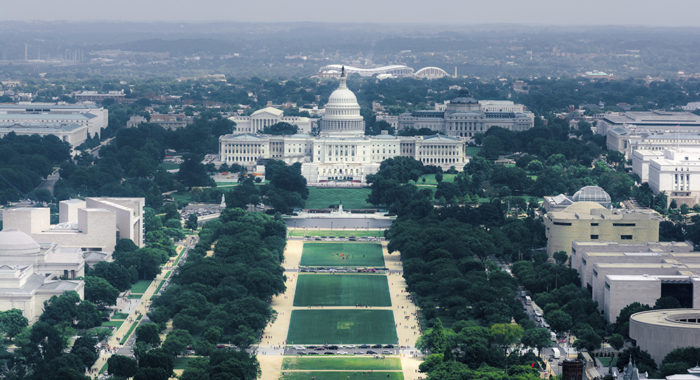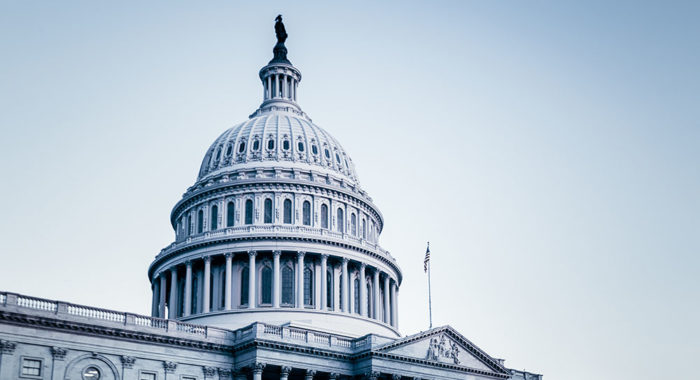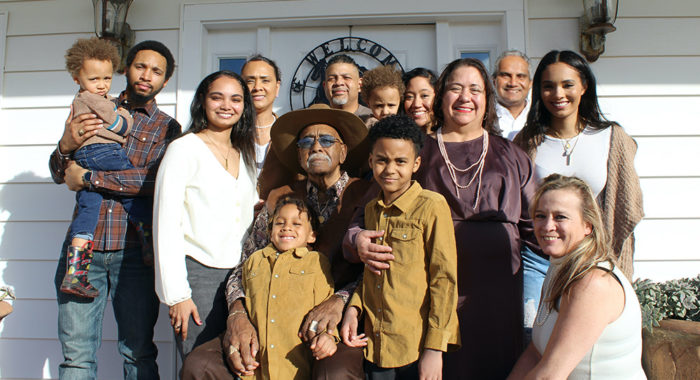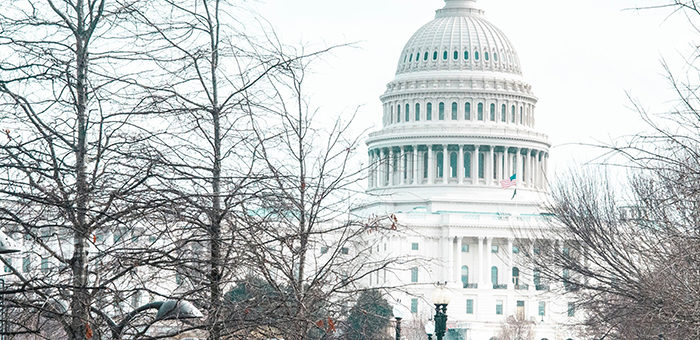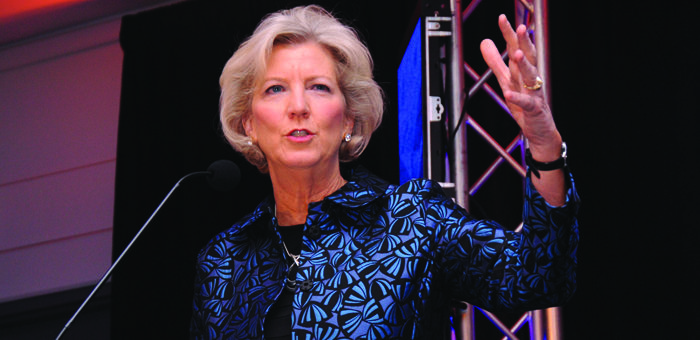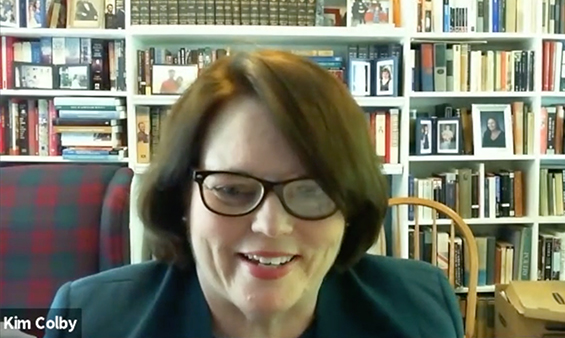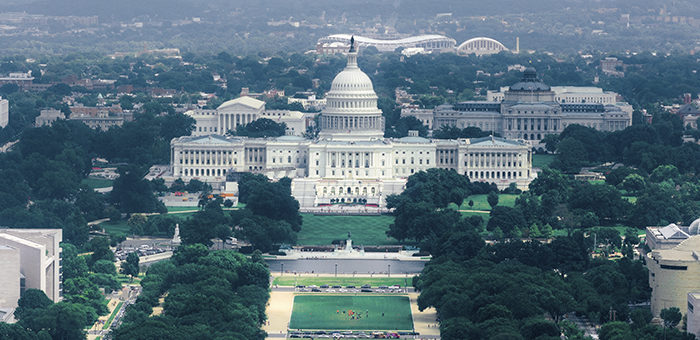
In an important 7-2 decision yesterday in Our Lady of Guadalupe School v. Morrissey-Berru, the Supreme Court affirmed the authority of religious schools to select, supervise and dismiss their leaders and teachers without government interference.
The decision upholds the constitutional doctrine known as the “ministerial exception” to civil rights employment claims. The doctrine was first established in Hosanna Tabor in 2012, and is part of a line of cases decided under what the Supreme Court called “principles of church autonomy.”
The Supreme Court rejected the Ninth Circuit’s decision that limited the ministerial exception to a checklist based on ecclesiastical title, educational degree and other formalistic criteria for who is a “minister.” Given the theological diversity of employment practices among faith groups, any attempt to regulate who is considered a minister would lead to civil authorities getting entangled in the meaning or importance of religious events and practices. The Guadalupe decision is particularly important to minority faiths that often have unique structures.
The National Association of Evangelicals joined an amicus brief in the case, arguing that eligibility for the ministerial exception should be based on the religious duties and leadership responsibilities of the employee, not merely the title or required formal credentials.
The Supreme Court decision means that every faith group will have the right to select its leaders and teachers without government interference. Today’s ruling also indicates that the rights of religious organizations to operate in accordance with their deeply held beliefs — including the ability to employ likeminded leaders and other staff who embody their convictions — will be safeguarded.



 View All Updates
View All Updates 




